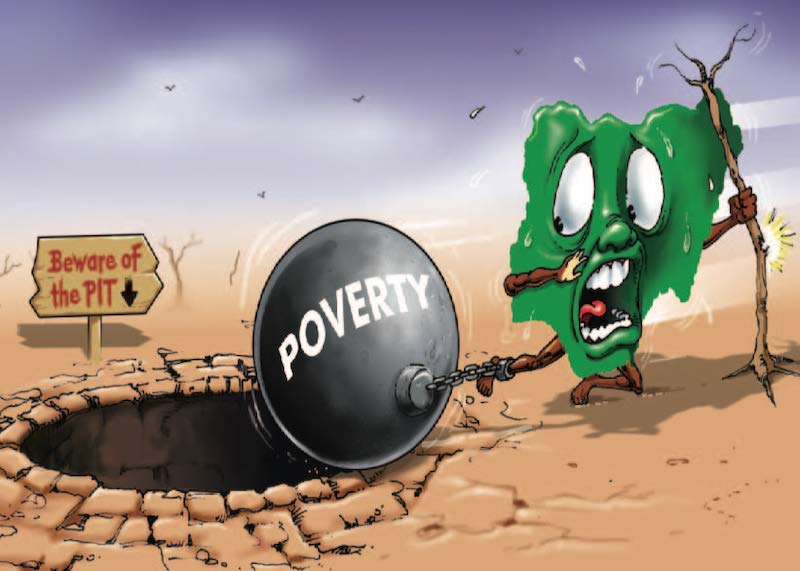
Barely two months after his company was awarded a security contract to check oil theft in the Niger Delta region, Government Ekpemupolo aka Tompolo has reportedly discovered about 58 illegal points in Delta and Bayelsa States where crude oil is so brazenly stolen. Among them is a four-kilometre oil pipeline used by bunkerers on the trans-Forcados pipeline in Delta State. “We are doing the work together with the security agents, NNPCL and others,” said Tompolo, an ex-militant leader, recently. “We are only providing intelligence for the security to assist to do the work. The stealing has been going on for over eight to nine years.”
In the past few years, Nigeria has been unable to meet its Organisation of Petroleum Exporting Countries (OPEC) quota, mainly because of massive oil theft, with a resultant debilitating impact on government revenue and accretion to reserves. More painfully, at a time many oil producing countries are reaping billions from the Russia-Ukraine windfall, Nigeria is scrounging, severely handicapped. According to the Nigerian Upstream Petroleum Regulatory Commission (NUPRC), Nigeria lost more than 115,000 barrels per day (bpd) to oil theft and vandalism between January 2021 and February 2022. The NUPRC helmsman, Gbenga Komolafe, stated recently that about $3 billion worth of oil was lost to these criminal cartels within the period.
The volume of oil theft is now not only staggering but also unprecedented. The Independent Petroleum Producers Group (IPPG) aptly described it as an “existential threat”. An audit on the operations of Nigeria’s oil and gas sector commissioned by the Nigeria Extractive Industries Transparency Initiative (NEITI) disclosed that the nation lost over 136 million barrels of crude oil estimated at $10.9 billion through sabotage between 2009 and 2011. But authorities in the sector must go beyond mere lamentations.
As many attest, Nigeria’s crude oil production has always been marred by challenges of transparency and accountability. In a report on the mismanagement of the oil and gas sector in Nigeria, The London Economist recently wrote: “…oil is also being stolen at a record rate and traders’ figures show output at well below the government’s figures. Information about Africa’s biggest oil industry is an opaque myriad of numbers. No one knows which ones are accurate; no one knows how much oil Nigeria produces. If there were an authoritative figure, the truly horrifying scope of corruption would be exposed.”
While there is no doubt that the incidents of crude oil theft now pose a huge threat to the nation’s economy and indeed, the environment, it is evident that the problem persists because of official complicity. The menace is growing in the level of skills and sophistication only because many law enforcement agents are compromised. Last week, a former Director of the Department of State Service (DSS) Mike Ejiofor lamented that oil theft in Nigeria is a deliberate act by a syndicate made up of oil companies, the military, and other stakeholders which had been on for over 40 years. For instance, a report of the criminal activities he submitted to the “authorities” years back was thrown out as those in charge were deeply involved in illegal oil bunkering.
This might explain why the trial of some few apprehended suspects are often impeded by the interference of some influential individuals who may themselves be complicit in the lucrative criminal enterprise. Unfortunately, as these criminal cartels get more and more emboldened in their nefarious activities, they are investing in barges, canoes, speed boats and large wooden boats which they use to steal what belongs to our country. The federal government and its agencies must take measures to contain the industrial scale theft of crude oil that clearly threatens the economic well-being of Nigerians and our national security.
Credit:- THISDAY





